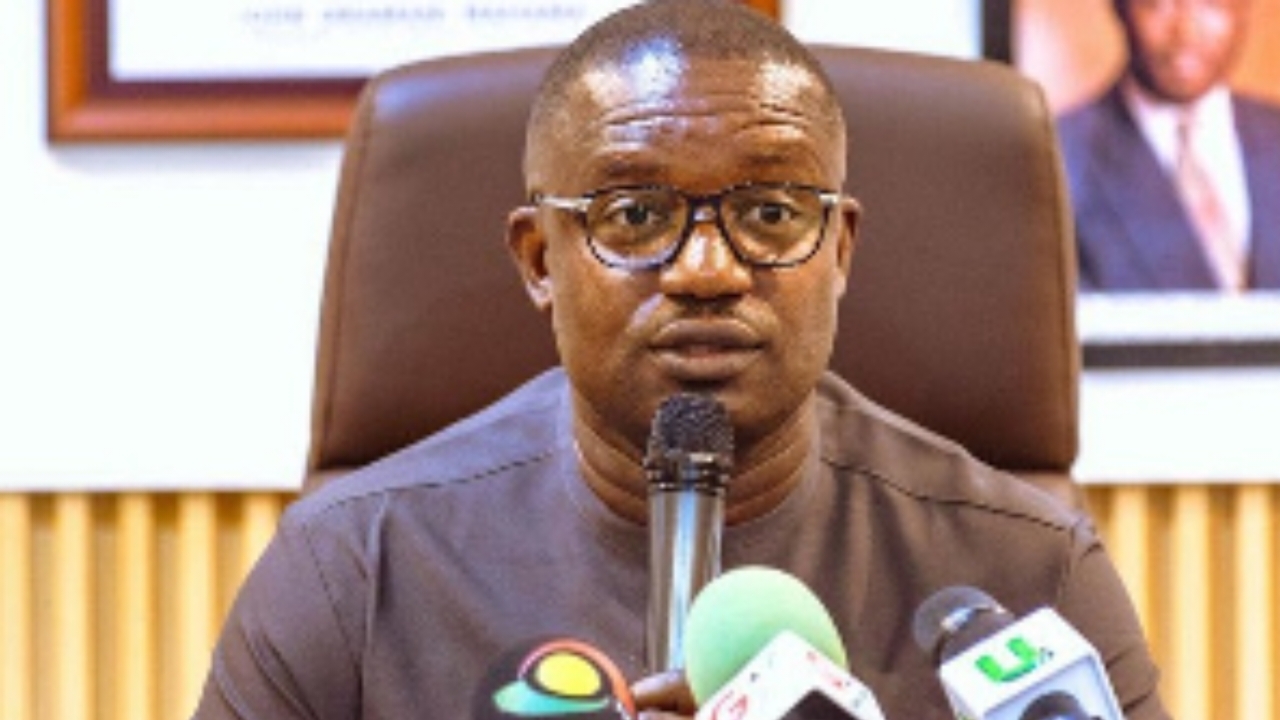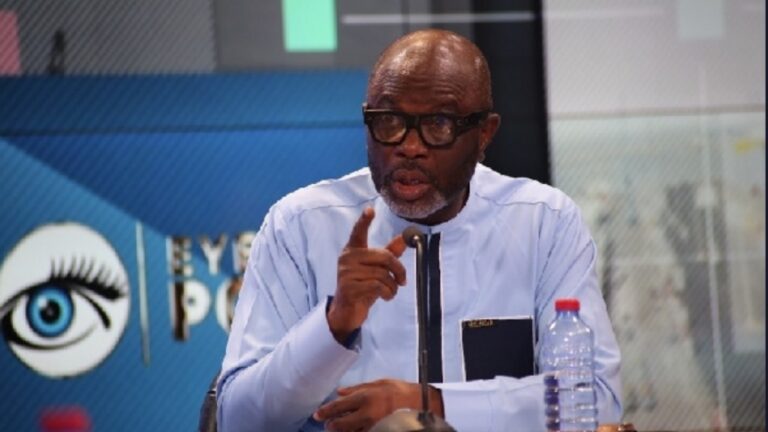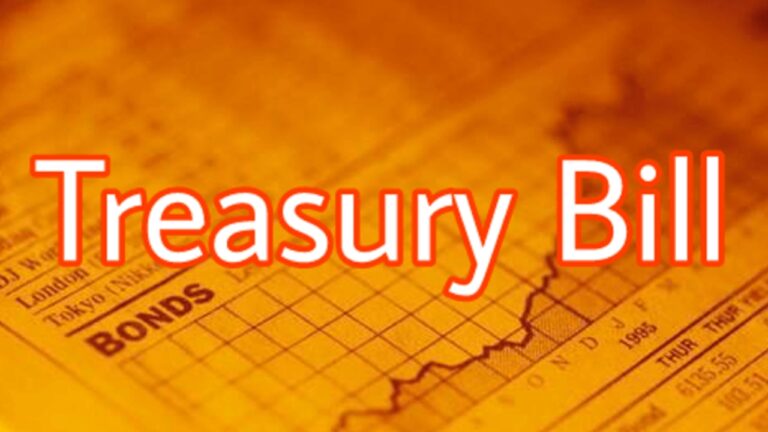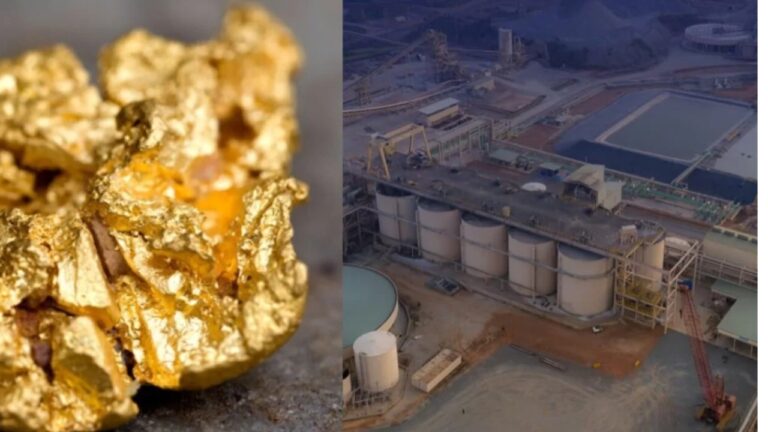Ghana faces a severe power crisis. Karpowership, a major supplier, plans to shut down in seven days due to unpaid bills. This could worsen the already fragile energy sector and lead to blackouts.
In an interview with JoyNews’ PM Express, Energy Minister Mr. Jinapor discussed the situation. He explained that the government inherited a $1.7 billion debt in the energy sector, including arrears owed to Karpowership, Asogli Power, and SEND Power.
“Yesterday, Karpowership sent me a letter saying they will shut down in seven days due to unpaid bills,” Mr. Jinapor said. He detailed the debts: $297 million owed to Asogli, $220 million to SNIT, $423 million to SEND Power, and $371 million to Karpowership. In total, the government owes $1.7 billion.
The Minister added that the government has tried to negotiate for more time, but Karpowership remains firm on its decision.
The country now faces a debt of over GH₵80 billion in the energy sector. If the situation isn’t addressed, Mr. Jinapor warned that the sector could collapse.
The government has already started talks with the Ministry of Finance to secure emergency funds. It has made some partial payments to suppliers. “So far, we have paid around $30 million. Karpowership is a priority, and we’ve also made payments to WAPCo,” he explained.
However, the financial strain forced Ghana to tap into international guarantees that were meant to secure the sector. The World Bank’s guarantee of $500 million has dropped to $50 million. Mr. Jinapor explained that this occurred before the current administration took office.
Additionally, the government has sold oil reserves, which were meant to generate revenue. “The Litasco guarantee of about $170 million has been drawn down. This led to the sale of oil to settle debts,” Mr. Jinapor confirmed.
The Minister stressed the need for a new gas processing plant, costing $700 million. “We urgently need this plant. We will fund it with domestic resources. I urge all Ghanaians to support this project,” he said.
Looking to the future, Mr. Jinapor assured the public that the government will clear the infrastructure backlog within two years. Some processes, like pre-commissioning, may take longer. But he believes the government can overcome these challenges.
“We’ve completed the first quarter of the year and now fully understand the challenges. To settle these debts, we must use our oil, as it is the only option left,” he concluded.





